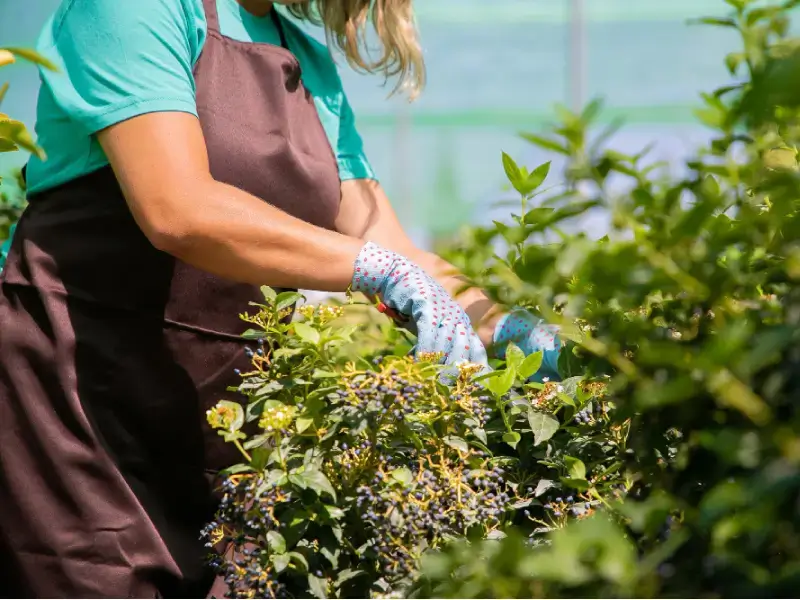Whenever you buy a house, you rely upon the surveyor to let you know if there are any issues with the property but their duty can also extend to what is in yours and your neighbours garden that may impact the value of the property.
The property may even back on to a railway which can contain evasive plants that can encroach on to your property and depreciate the value of your home. One such evasive plant is Japanese Knotweed, and it is more prevalent in spring as with most plants. It can grow over 2 meters in a short space of time and cause damage to structures and properties.
If you know you have it and you are selling a home, you have a duty to advise potential buyers. Sellers are required to fill in a TA6 form which specifically asks, “Is the property affected by Japanese knotweed?”. If the seller answers “no” with knowledge of Japanese Knotweed on the property, they leave themselves liable for a claim of misrepresentation or breach of contract.
What can I claim for?
These claims are often multifaceted, the two main things to claim for are:
• Loss of value to your property, based on current market value
• Cost of treatment. There are two main types of treatment, chemical treatment or excavation, both types are usually accompanied by a 10-year warranty.
Can my home still be insured if I have Japanese Knotweed?
Similarly, to mortgage lenders, some insurance underwriters are reluctant to insure properties where Japanese Knotweed is present. More importantly, most home insurance policies will not cover damage caused by Japanese Knotweed or its treatment or removal.
How will I know if I have Japanese Knotweed in my garden?
Japanese Knotweed can be hard to spot and is frequently mistaken for common shrubs such as dogwood due to the large amounts of foliage it produces. Here are a few distinctive characteristics that are tell-tale signs of the plant:
Flowers – White in colour, 0.5cm wide, forms clustered panicles that can grow to 10cm. Blooms in very late summer.
Height – Typically grows to 2 meters.
Leaves – Light green with red or purple flecks. Heart or shovel-shaped with a pointed tip and shoot out from nodes in a zig-zag pattern. New Japanese Knotweed leaves are rolled up with dark red veins while mature leaves can grow up to 20cm.
Where does it grow?
Japanese Knotweed usually grows at roadsides, waste ground, railway embankments and spoil tips, as well as alongside rivers and streams.
How to treat / stop the spread?
Spraying or injecting the stems with chemicals can help but can take at least 3yrs to treat. You may need permission from natural England is the area is protected or the Environment Agency if the plants are near water.
Once treated you can bury it, but you will need to notify the Environment Agency at least one month before you bury it. The dead brown canes can be composted but only on site where they came from.
You can also burn it, and you must let the Environment Agency know at least a week before you intend to burn it (if you are a business) but if you are an individual then you need to check with your local counsel that burning is allowed.
What does it cost to make a claim, and do I have to pay anything up front?
A lot of invasive weed claims can be run on a no win – no fee basis. Meaning that should the claim not be successful; you would not be required to pay your legal costs. There is a success fee of 25% of any compensation that is awarded, deducted at the end of the claim, and only if the claim is successful. This can be fundamental in allowing homeowners to achieve justice, as it provides access to legal advice and representation with no upfront cost.
What is the likely compensation award?
Most claims vary between £5,000 – £35,000 + depending on the individual circumstance of the case and the depreciation it may have caused to the value of your home, as well as the treating and disposal costs.
If you would likely to find out if you have an invasive weed claim or if you want to know more, please contact us for a no-obligation, confidential conversation, on 0151 306 3694 or email us on ji@phoenixlegalsolicitors.co.uk.
